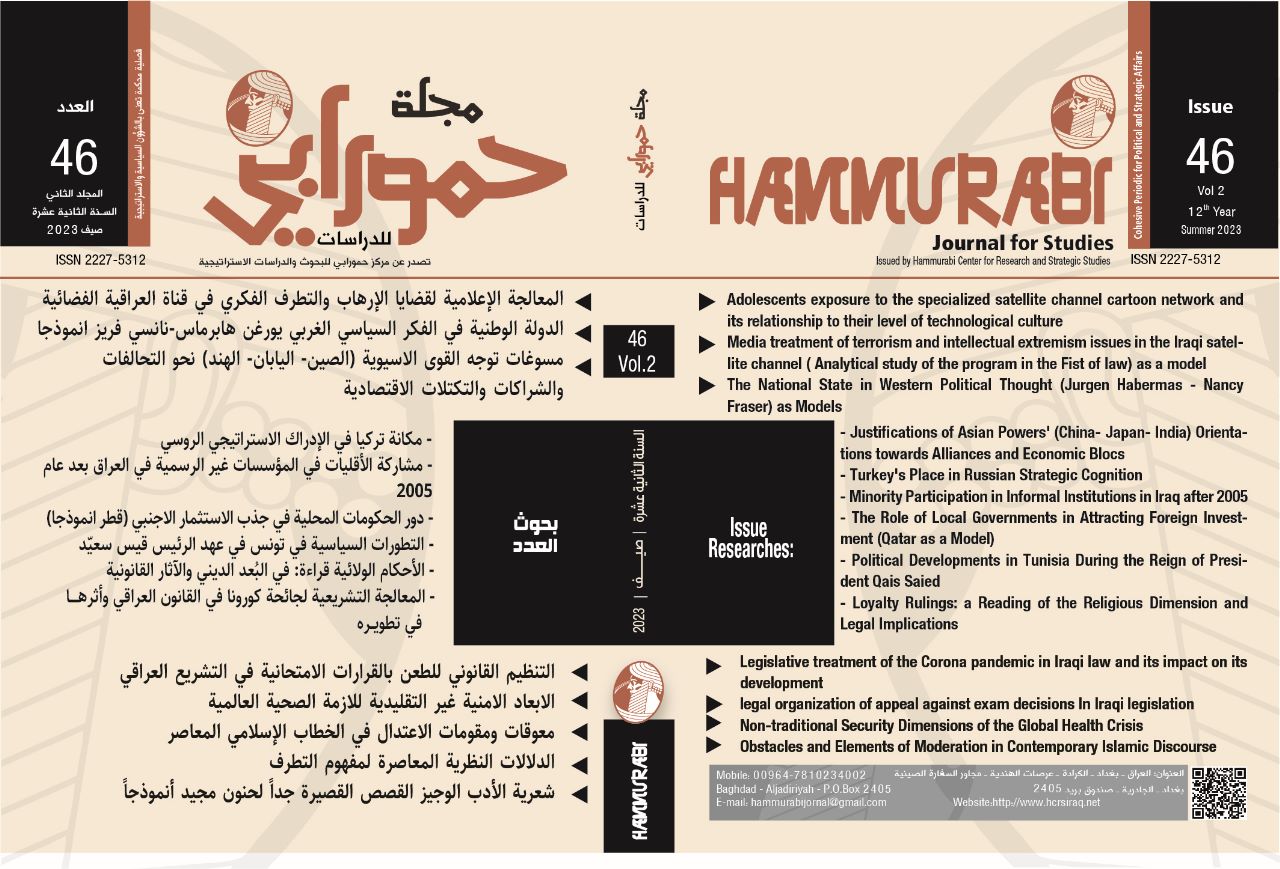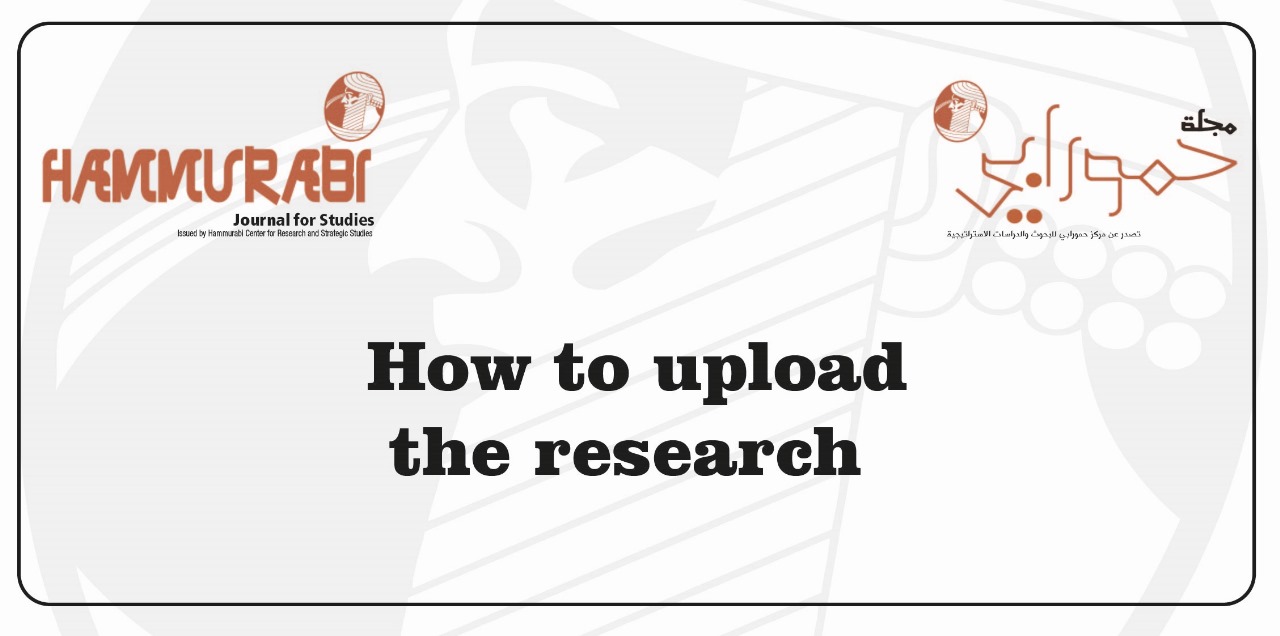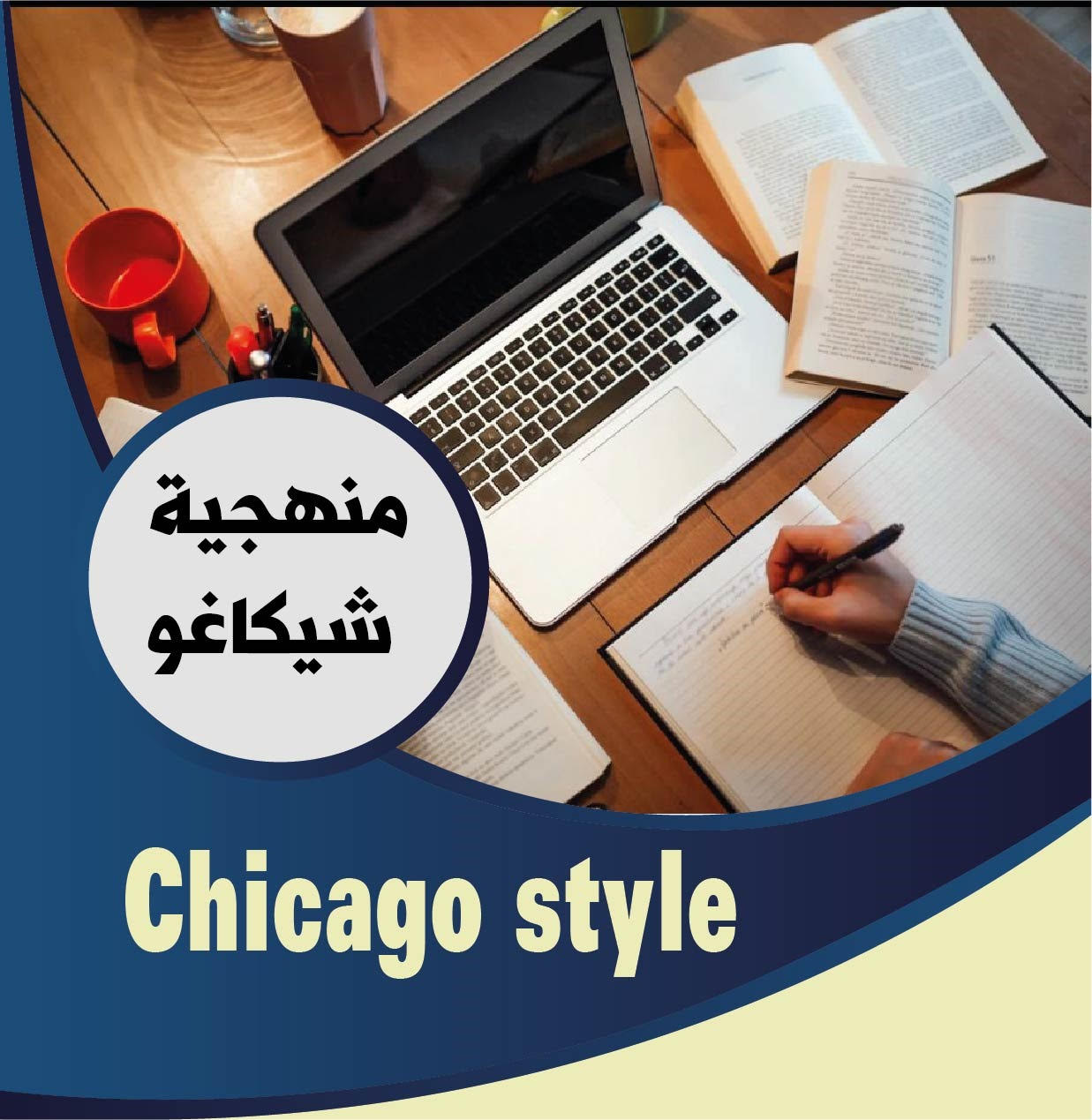Political Developments in Tunisia During the Reign of President Qais Saied
Abstract
Tunisia, like the Arab countries, suffered from deep-rooted colonial mandates and dictatorships that left behind political, social, economic, and cultural problems. The quest for freedom includes Tunisia for different eras, and the year 2011 is a new beginning for the Tunisian political system. “Mohamed Albo-azizi” who burned himself was a symbolic indication of the reality of a people who have lived for many years under dictatorship. It was followed by a popular uprising, and indeed after the overthrow of Zine El Abidine Ben Ali on 17/1/2011, the 2014 constitution had decided the form of the political regime in Tunisia, and the regime became quasi-parliamentary. Between tightening and attracting in the political process, and with the 2019 elections, the political regime became more difficult especially that in one year, three governments were formed. Then President “Qais Saied” came to power and won the presidential elections of Tunisia on January 14, 2019, but in January 2021 protests began against the government of “Hicham El Mechichi” due to police violence and economic conditions caused by Corona pandemic. On July 25, 2021 Qais Saeid suspended the work of People's Assembly and dismissed his prime minister, "Al-Mechishi". A crisis ensued with Nahdha movement, and he seized absolute power on August 25, 2022, after the approval of a new constitution. His opponents began to call him the influencer .












